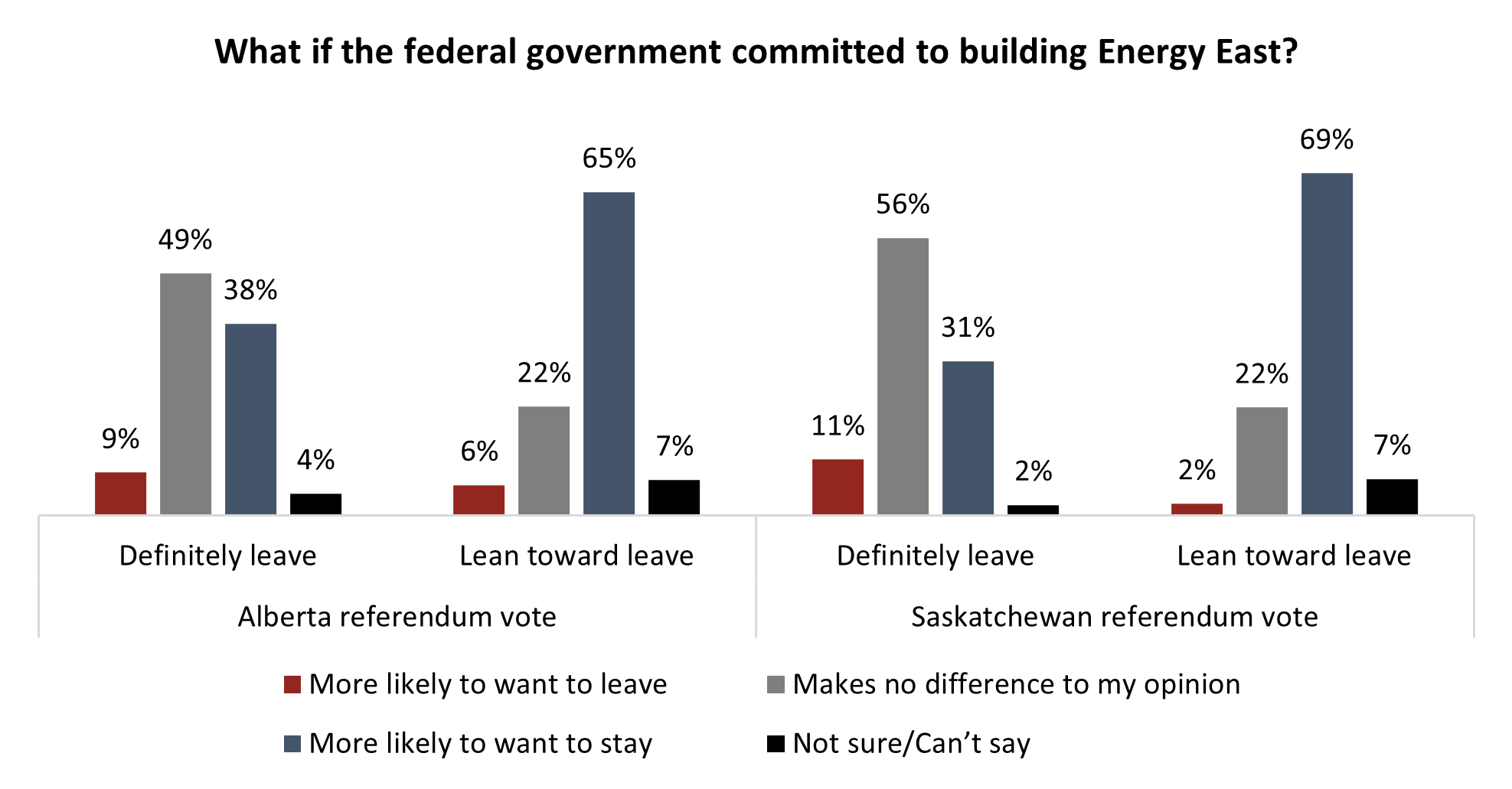this post was submitted on 08 May 2025
50 points (100.0% liked)
Canada
9648 readers
664 users here now
What's going on Canada?
Related Communities
🍁 Meta
🗺️ Provinces / Territories
- Alberta
- British Columbia
- Manitoba
- New Brunswick
- Newfoundland and Labrador
- Northwest Territories
- Nova Scotia
- Nunavut
- Ontario
- Prince Edward Island
- Quebec
- Saskatchewan
- Yukon
🏙️ Cities / Local Communities
- Calgary (AB)
- Comox Valley (BC)
- Edmonton (AB)
- Greater Sudbury (ON)
- Guelph (ON)
- Halifax (NS)
- Hamilton (ON)
- Kootenays (BC)
- London (ON)
- Mississauga (ON)
- Montreal (QC)
- Nanaimo (BC)
- Oceanside (BC)
- Ottawa (ON)
- Port Alberni (BC)
- Regina (SK)
- Saskatoon (SK)
- Thunder Bay (ON)
- Toronto (ON)
- Vancouver (BC)
- Vancouver Island (BC)
- Victoria (BC)
- Waterloo (ON)
- Windsor (ON)
- Winnipeg (MB)
Sorted alphabetically by city name.
🏒 Sports
Hockey
- Main: c/Hockey
- Calgary Flames
- Edmonton Oilers
- Montréal Canadiens
- Ottawa Senators
- Toronto Maple Leafs
- Vancouver Canucks
- Winnipeg Jets
Football (NFL): incomplete
Football (CFL): incomplete
Baseball
Basketball
Soccer
- Main: /c/CanadaSoccer
- Toronto FC
💻 Schools / Universities
- BC | UBC (U of British Columbia)
- BC | SFU (Simon Fraser U)
- BC | VIU (Vancouver Island U)
- BC | TWU (Trinity Western U)
- ON | UofT (U of Toronto)
- ON | UWO (U of Western Ontario)
- ON | UWaterloo (U of Waterloo)
- ON | UofG (U of Guelph)
- ON | OTU (Ontario Tech U)
- QC | McGill (McGill U)
Sorted by province, then by total full-time enrolment.
💵 Finance, Shopping, Sales
- Personal Finance Canada
- BAPCSalesCanada
- Canadian Investor
- Buy Canadian
- Quebec Finance
- Churning Canada
🗣️ Politics
- General:
- Federal Parties (alphabetical):
- By Province (alphabetical):
🍁 Social / Culture
- Ask a Canadian
- Bières Québec
- Canada Francais
- First Nations
- First Nations Languages
- Give'r Gaming (gaming)
- Indigenous
- Inuit
- Logiciels libres au Québec
- Maple Music (music)
Rules
- Keep the original title when submitting an article. You can put your own commentary in the body of the post or in the comment section.
Reminder that the rules for lemmy.ca also apply here. See the sidebar on the homepage: lemmy.ca
founded 4 years ago
MODERATORS
you are viewing a single comment's thread
view the rest of the comments
view the rest of the comments


But as I pointed out, the super majority required to amend the Constitution means that it will never change.
I'm now wondering if you are Canadian because yes we actually can.
I am not a constitutional lawyer (or any sort of lawyer), but my understanding (and what I meant to say) was that unconstitutional laws are subject to legal correction, so sure , we may vote in whatever we want, but that doesn’t meant the law will stand or take effect.
See e.g., http://www.revparl.ca/english/issue.asp
Section 33
https://en.m.wikipedia.org/wiki/Section_33_of_the_Canadian_Charter_of_Rights_and_Freedoms
Of course I am aware of the "notwithstanding clause", but this is not relevant for the strict majoritarian view you were espousing, is it? Moreover, "it allows Parliament or provincial legislatures to temporarily override sections 2 and 7–15 of the Charter" and the parts of the Charter subject to override are limited: "rights such as section 6 mobility rights, democratic rights, and language rights are inviolable".
To my mind, this is clearly all further evidence of the fact that our government is organized via an intricate (and ever-evolving) system with various overrides and corrective measures and balanced powers, and that it is in no way simply reducible to strict, %50+, majoritarian rule.